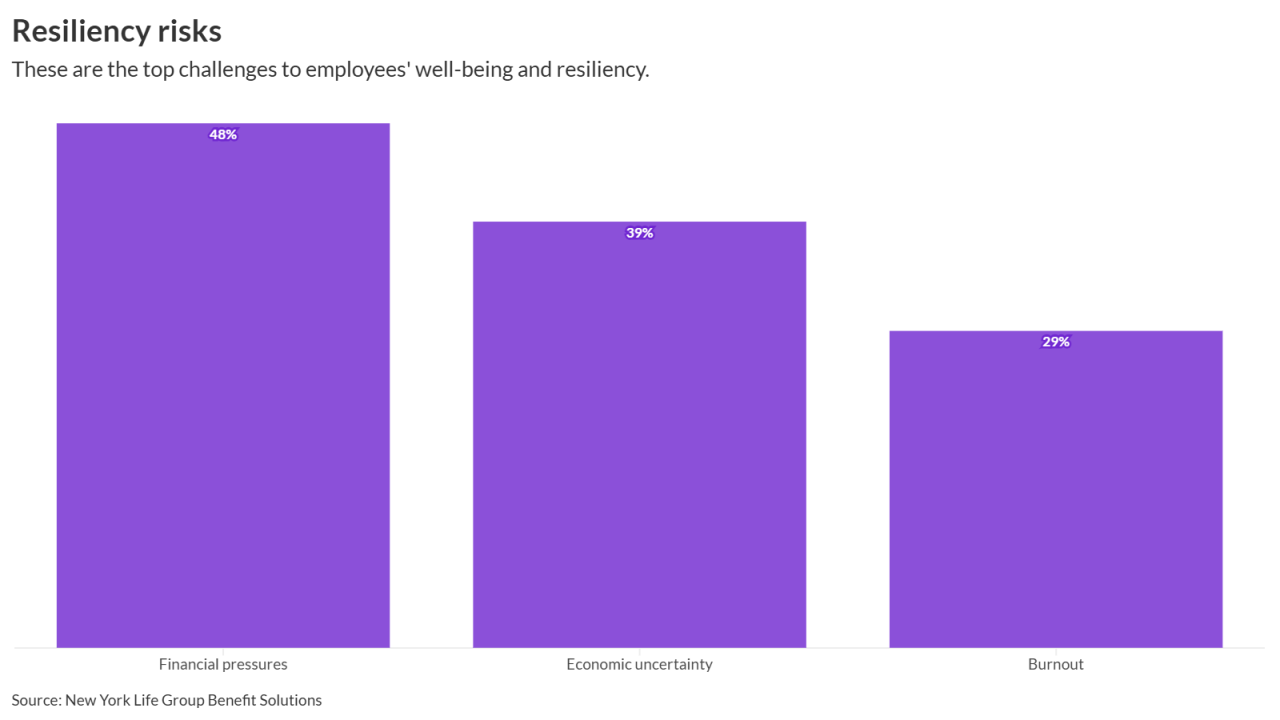Employees who join private companies are driven to build something new and are often rewarded by an ownership stake through equity compensation. That’s partly why the initial public offering space can carry so much excitement — but that’s not the whole story. In fact, more and more startups and private companies are choosing to stay private longer, avoiding the public market.
This has not been lost on would-be employees. Job seekers and employees are becoming
The issues become compounded when you consider that
It’s a growing challenge but also a major opportunity.
Shareworks by Morgan Stanley found that over the last 20 years, the timeline for companies seeking to enter the public market has doubled from six to 12 years. What this often means for startup employees is that they can build up a lot of wealth on paper through their equity, but need to find a way to turn that into real cash. With many stock options built on 10-year expiration dates, workers in the tech space rightly want to understand how they can access and monetize their shares.
The drive to stay private longer is understandable. It allows startups to grow at the pace of their long-term vision rather than having to translate goals to the short-term, quarterly basis of the public market. In the public market, employees have access to a liquid market. Staying private allows companies to keep stronger ties to their shareholder base and choose who sits on their cap table, while also accessing private capital. For startup employees, though, the benefits of the company staying private may not offset their desire for liquidity.
This is changing as liquidity programs and tender offers for private companies evolve rapidly. A whole new industry has emerged to provide an outlet for tech leaders and their employees to participate in secondary transactions where they can sell shares, access capital and translate private equity into real wealth. The message for companies, leaders, and employees is simple: The employee experience needs to stay front and center as private market events become more common and more diffuse within organizations.
While competing for top talent, it’s key to not only plan how and when you’ll offer liquidity for your employees, but also how you’ll communicate and help guide them through the equity experience each step of the way. In exchange for their commitment to the start-up’s vision, a startup employee wants to share in future returns as that vision comes to fruition. As that vision is realized, startup equity can mean a sudden explosion of wealth almost overnight. Many companies are starting to see a responsibility to help their employees navigate this journey and set them up for long-term financial success. A critical role for startup business leaders is helping both founders and employees understand and make sense of their wealth journey so they can use it in a way that is most effective in their financial lives.
Because private liquidity events are not as well-understood as IPOs , education and communication needs to begin early and stay consistent. Research from Shareworks by Morgan Stanley shows that employee education is perhaps one of the most important functions within equity administration, playing a vital role in creating a culture of ownership in private companies. Communication frequency and equity compensation plan engagement appear to be directly correlated: Organizations that reported more highly engaged employees were more likely to also report weekly or monthly communications.2
Equity carries significant emotional and professional value for startups, leaders, and employees — it’s an ownership stake, a source of meaning, and a risk-reward tradeoff that drives loyalty. Yet if liquidity events are not considered from the employee experience, these incredible and meaningful moments can actually end up confounding and dissatisfying your best people. Wrapping your arms around the entire employee experience can provide the kind of transparency, thoughtfulness, and buy-in from free thinkers that tech startups need to truly thrive.





